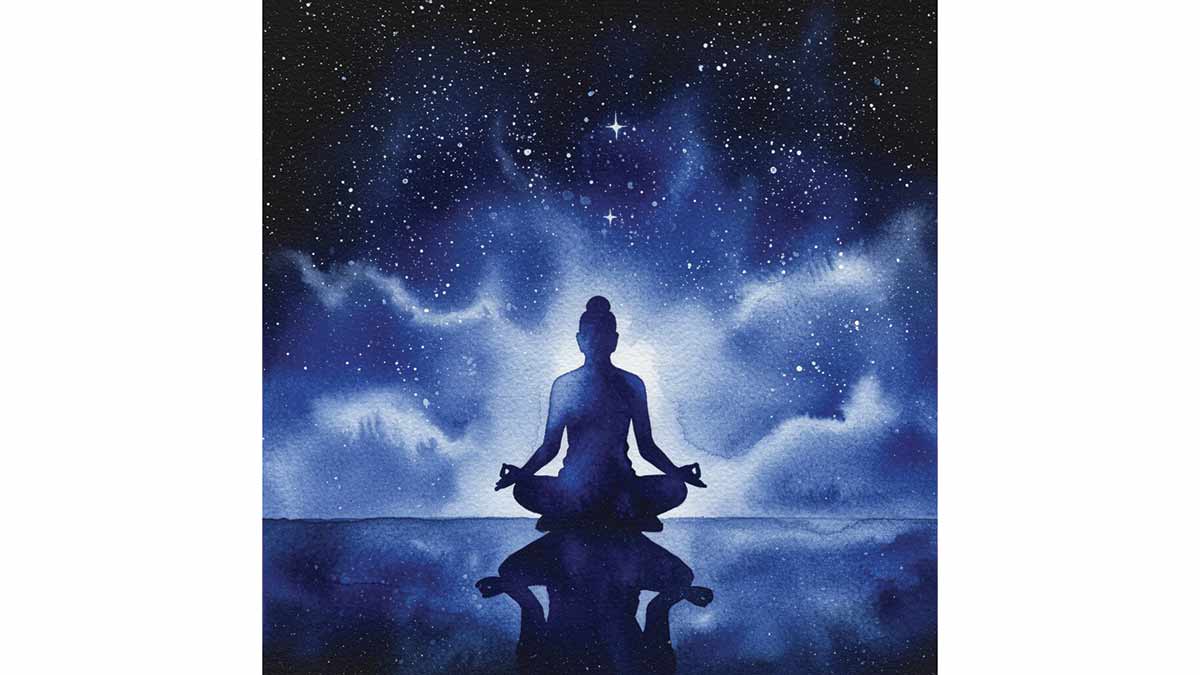Remembering Ranjit Nair, physicist and friend to the maharshis of global science

Ranjit Nair died on April 14. I felt bad and sad. Two days later, Nikku Madhusudhan, an India-born Cambridge physicist, announced he had found life on an exo-planet about 120 light years away. I told myself, I’m going to miss Nair.
Had Nair been around, I’d have phoned him to know about Nikku’s work, and he would have given me lessons in exobiology. That would have been like listening to Stephen Hawking—literally, figuratively and acoustically. Afflicted with dystonia some 20 years ago, Nair had a problem with his speech muscles. Yet his friends strained their ears to catch his words of scientific wisdom, as they would have when listening to Hawking’s computerised speech, each word worth its weight in moonstone.
Nair would even have given me Nikku’s number, or that of a Cambridge pal through whom I could have contacted Nikku. His phone book was a who’s who of the world’s finest minds—Nobel scientists and those who missed the prize.
Few in India knew him or knew about him, but the maharishis of global science knew Ranjit. He was my (and of many hacks like me) turn-to source for any information on the world’s scientists. He knew them all. If he didn’t, he would find ways of reaching out to them through his network of Nobelists, Fields Medallists and other sagely friends.
His passion was to get the rajarshis and devarshis among them to India. “Indians have only heard of them; I want Indians to hear from them,” he used to say. The principal public activity of the Centre for Philosophy and Foundations of Science that he founded, funded and nurtured after he quit NISTADS was to get these sages to India. He organised their lectures in memory of Einstein, Tagore and J.C. Bose.
Thus he brought Nobel winners like Gerard't Hooft, Claude Cohen-Tannoudji (both Physics), Yuan T. Lee, Ahmed Zewail, Alan Heeger, Robert Huber (Chemistry), Rolf Zinkernagel, Torsten Wiesel (Medicine), non-Nobel sages like Raja Ramanna, Vilayanur Ramachandran, and E.C.G. Sudarshan; George Cardona to talk on ‘Panini in the history of Indian thought’, Wilhelm Halbfass on ‘the concept of aakasa (space) in Indian thought’, and James Langer on 'how solids bend and break'. And, of course, the two brahmarshis of the post-Einstein age, Stephen Hawking and Roger Penrose—men who knew about the big bang beginning, infinity and everything in between.
On the CPFS platform, they didn’t speak just formulas and theorems. Nair made them speak in such a way as to stimulate the listeners’ brains, and make them laugh.
I remember a Nobel laureate talking as much about the convergence between Physics and Chemistry as about the convergence point on the low-hanging diamond necklace that a charming lady was wearing at the Nobel banquet.
He wagered with sages—with Hawking on the end of physics after a call on president K.R. Narayanan in the Rashtrapati Bhavan, and with a bunch of his oenophile pals from Cambridge on why champagne tastes better when poured into the glass in a particular way.
Nair loved Cambridge, where he got his master’s and doctorate in Physics, after his graduation from Kerala. One can imagine the groves of the Cambridge academe in the 1970s—hosting the world’s wisest scientists, worst anarchists, dangerous communists, nasty nihilists and passionate poets.
Ranjit, I guess, flirted with two types among them—the sages of science and the minstrels of muse. From among the former he collected his friends; from the latter he chose his wife—Rukmini Bhaya Nair, poet and litterateur.
prasannan@theweek.in
Columns